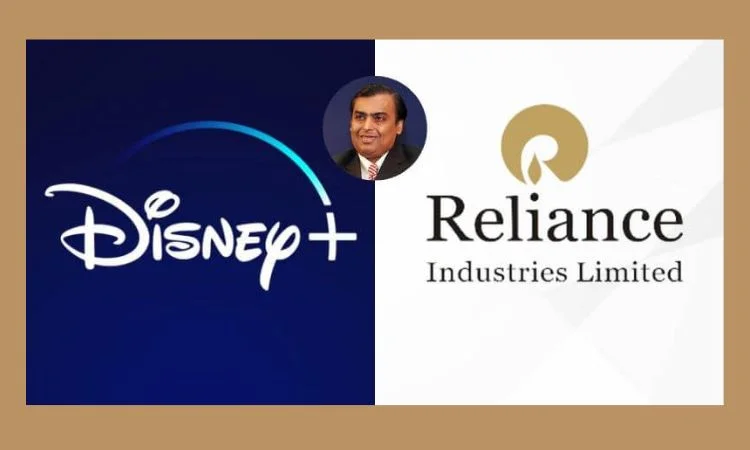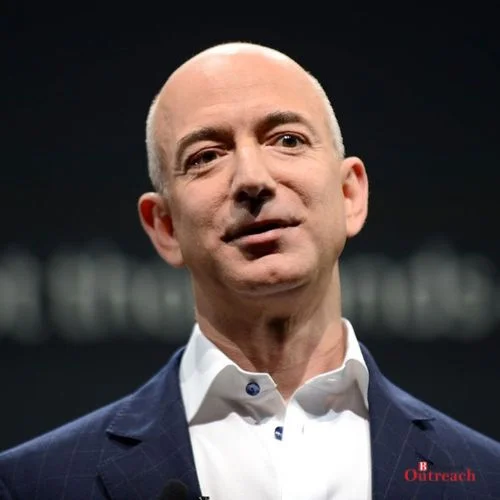Reliance-Disney Deal: By uniting Mukesh Ambani’s media company with Walt Disney’s India branch, the two might create a formidable entertainment powerhouse in India. Legal professionals, however, indicate that there may be a close antitrust investigation of the combination.
The combination might necessitate asset sales. Disney and Reliance, who together control 120 TV stations and sizable streaming services, are allegedly exploring a combination in which Ambani’s business would likely have a majority position.

An entertainment behemoth in India would be created by combining Walt Disney’s India division with billionaire Mukesh Ambani’s media company, but attorneys predict that any acquisition would face harsh antitrust scrutiny and that assets would probably need to be sold.
According to sources this week, Disney and Reliance, an Indian company with 120 TV channels and a significant streaming business between them, are considering combining to form a new company in which Ambani’s organization would probably own a majority share.
Disney specifically stands to gain from the arrangement, as its Hotstar streaming app has been losing money. Disney CEO Bob Iger stated last month that although the company’s TV networks were performing well in.
Should a deal be reached, it would be the second to drastically alter the TV and streaming environment in India, as Sony, based in Japan, also intends to combine its operations in India with Zee Entertainment.
The Competition Commission of India (CCI) approved the Zee-Sony proposal last year, and it may close in the upcoming weeks. Three of Zee’s Hindi TV networks would be divested, according to the two businesses’ agreement for regulatory approval.
Antitrust lawyers stated that the rise of these two massive companies will likely establish a duopoly with anti-competitive influence over advertising, customers, and content creators, even though Netflix and Amazon both compete in India’s $28 billion media and entertainment industry.
Because of the increasing concentration of market power following the Zee-Sony merger, this agreement might come under closer examination. This makes the process of getting CCI approval more difficult for them,” stated Avimukt Dar, the founder partner of IndusLaw in India.
Disney opted not to respond. In response to Reuters inquiries, Reliance, its television division Viacom18, and the CCI did not comment.
The regulatory examination of Disney and Reliance’s streaming services and their ability to advertise during cricket, an intensely popular sport in India, would be crucial.
Disney Hotstar, the largest streaming app in India with 38 million users, holds the rights to International Cricket Council matches in the country until 2027, while the rights to the popular cricket tournament, the Indian Premier Tournament, are owned by Reliance’s expanding JioCinema app.
According to Vaibhav Choukse, head of competition law at Indian legal firm JSA, the CCI would be concerned that the “combined entity, due to its strong market presence in streaming, can command their own rates and advertisers will be left without bargaining power.”
There is a lot on TV as well that could irritate the authorities.
There are 38 channels owned by Viacom18, including Comedy Central and Nickelodeon, and 80 owned by Disney, whose Star brand has been a household name in India for decades.
Disney and Viacom 18 combined are predicted by Elara Capital to hold the largest market share for TV advertisements at 43%, followed by Zee-Sony at 25%. This means that competitors will find it challenging to compete.
Analyses derived from the CCI document endorsing the Zee-Sony merger highlight the potential strength of Disney and Viacom18 together.
According to the document, Zee-Sony held a 30-35% market share in Hindi entertainment networks, while Disney and Viacom18 held a combined share of 30%–40% as of the previous year.
Disney’s market share in local language Marathi channels was between 50 and 55 percent; when Viacom18 was added, that number increased to 65 to 75 percent. The two would hold a 50% market share in Bengali-language entertainment channels.
“If the market shares of the parties exceed 40-50% in any market, CCI is likely to conduct a detailed investigation,” stated Choukse.
According to Gautam Shahi of Dua Associates, the amalgamated company can pledge not to raise ad rates for a predetermined amount of time in addition to divesting specific channels to allay CCI’s worries.















